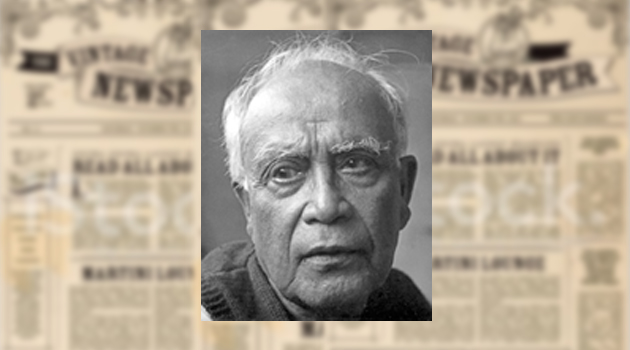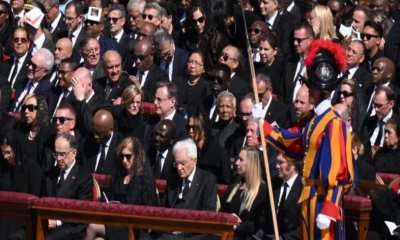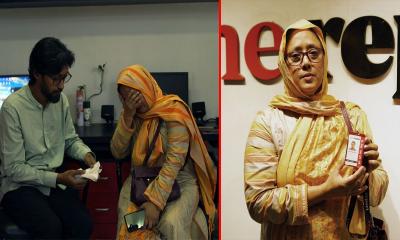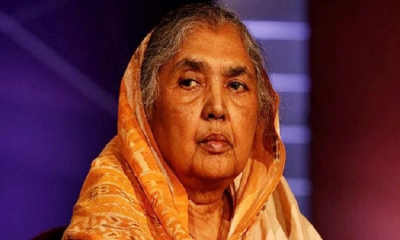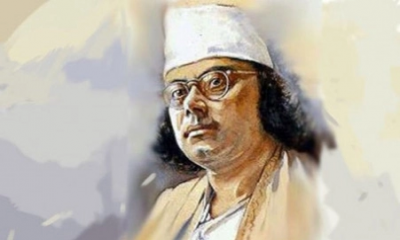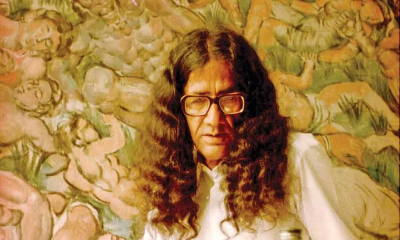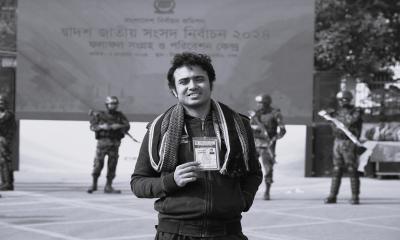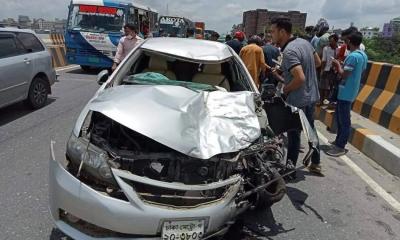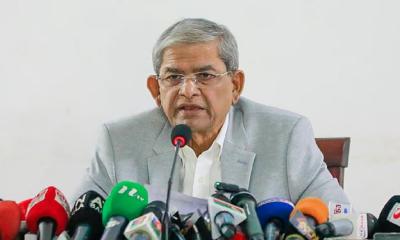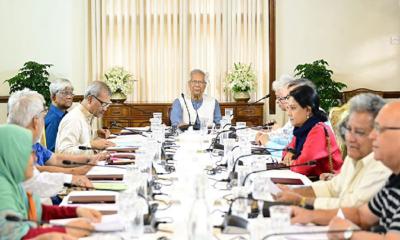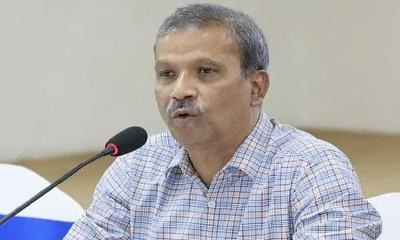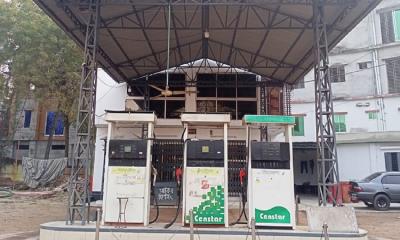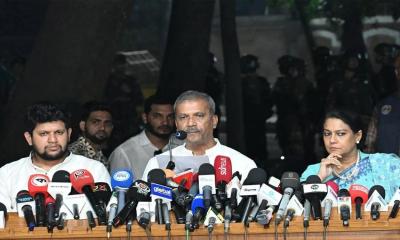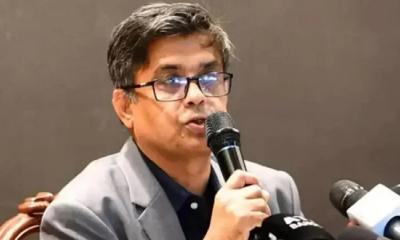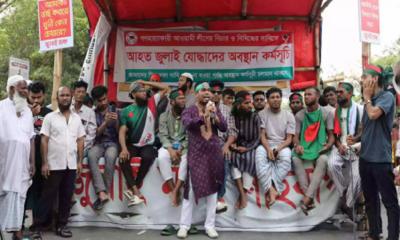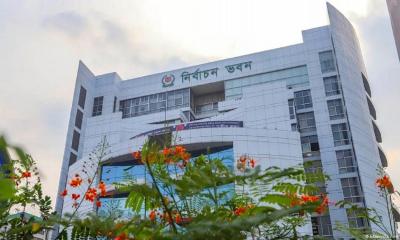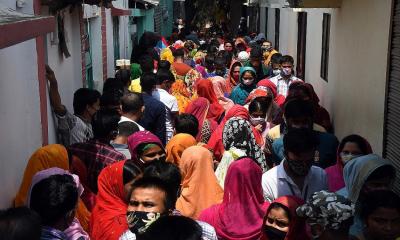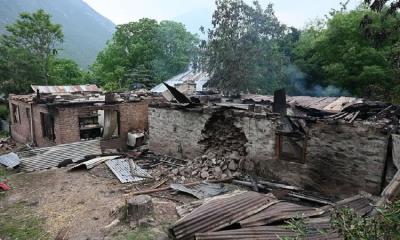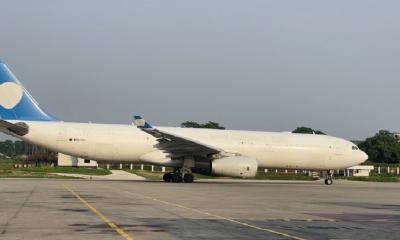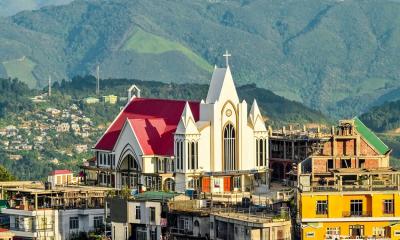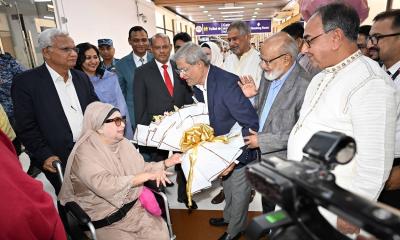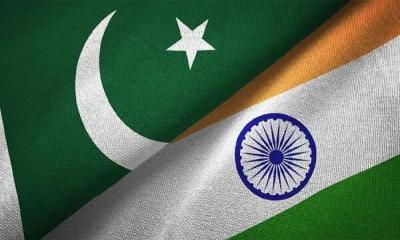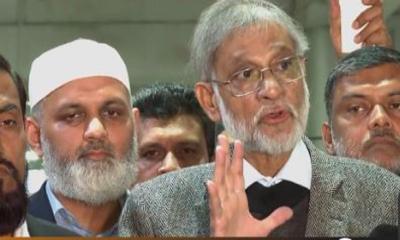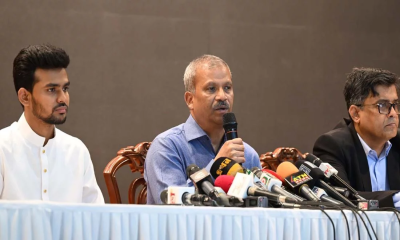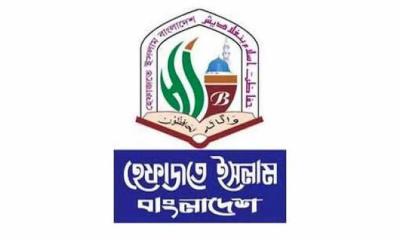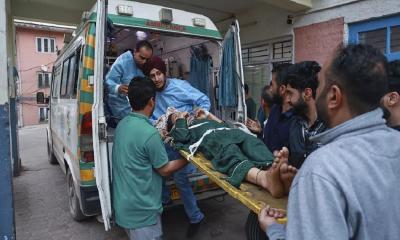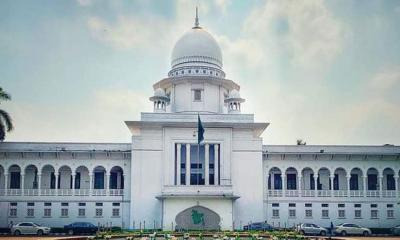Journalist, littérateur and author Abul Kalam Shamsuddin died on March 4, 1978 in Dhaka. He was one of the pioneers of journalism in the era of Bengal Presidency. He was the editor of the Daily Azad and the Daily Pakistan.
He has made significant contributions to journalism, politics and literature simultaneously. Abul Kalam Shamsuddin was born on November 3, 1897 in Trishal of Mymensingh.
After pursuing Intermediate of Arts (IA) from Dhaka College in 1919, he was admitted to Ripon College, Calcutta for Bachelor of Arts (BA) degree. He joined the Khilafat and Non-Cooperation Movement started at that time and had to leave the degree unfinished. Later, he joined Gaudiya Subarna Vidyayatan in Calcutta and passed the degree examination in 1921.
Shamsuddin embarked on his career as a journalist in 1923 as Assistant Editor of the ‘Daily Mohammadi' in Calcutta. In 1924 he joined the Editorial department of the ‘Muslim Jagat’ a Calcutta based weekly.
Shamsuddin played a significant role in the Bengali Muslim renaissance by making important contributions in the fields of journalism, literature, social development, politics, language and thought.
From the second decade of the twentieth century, he devoted himself to various works of social, cultural, political, linguistic, literary, journalistic and public welfare. He was a patriot, a thinker, a devoted writer and a journalist - a truly rare-born.
From 1925 to 1929 he was the Assistant Editor of the English weekly ‘The Muslim’. At the same time, he worked in the Editorial Department of 'Sawgat' (1926), which was established and edited by Mohammad Nasiruddin.
He joined the ‘Daily Azad’ in 1936. He was the paper’s editor from 1940-1962. In 1964 he became the editor of the Daily Pakistan run by the Press Trust of Pakistan and retired in 1972. Abul Kalam Shamsuddin was actively involved in politics post retirement.
He joined the Congress after the Jallianwala Bagh massacre, inspired by Mahatma Gandhi's ideology. He became a member of the Muslim League in 1927 and was elected a member of the Central Legislative Assembly of Congress in 1946.
He left the Legislative Assembly and the Muslim League in protest of the February 21, 1952 student killings. He inaugurated the Shaheed Minar built on the premises of Dhaka Medical College Hostel on 23 February.
His notable books include 'Palashi to Pakistan' and ‘Atit Diner Smriti’. His works have been published in three volumes from Bangla Academy.
Although Abul Kalam Shamsuddin was given the titles 'Sitara-i-Khidmat' and 'Sitara-i-Imtiaz' by the Pakistani government, he withdrew two titles in protest of the government's repression in the wake of the 1969 uprising.
He received the Bangla Academy Award in 1970 and the Ekushey Padak in 1976 from the government of Bangladesh.


